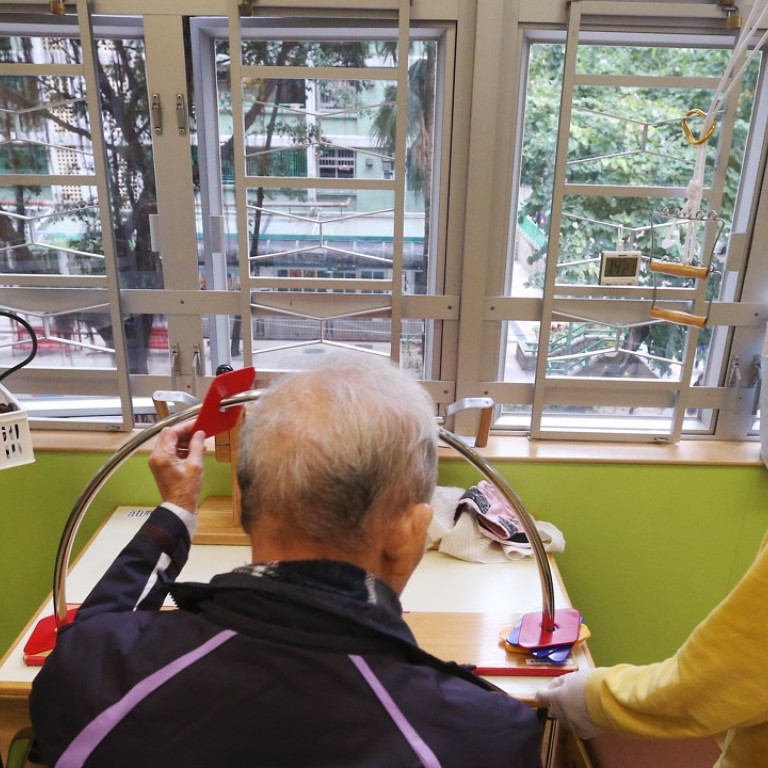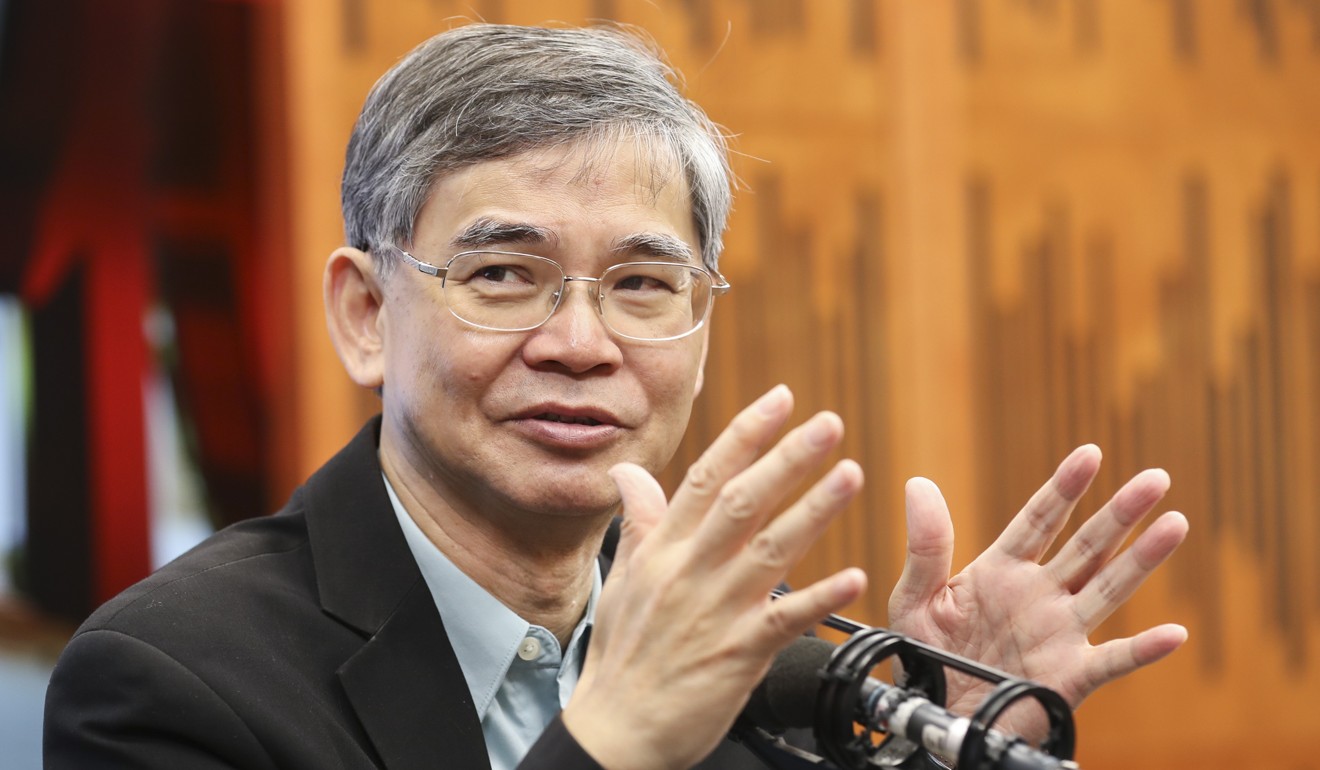
Hong Kong’s new welfare chief urges action to ease plight of city’s elderly carers
Law Chi-kwong urging for stronger support options for struggling families as he calls for inquiry into case of elderly man who allegedly killed ailing wife in their flat
Hong Kong’s new welfare minister called for a fresh look at the support network for the tens of thousands of elderly people who serve as caregivers as he proposed an inquiry into a tragedy in which an 80-year-old man who allegedly strangled his chronically ill wife.
The woman’s death in a Shau Kei Wan public housing flat exposed a problem in a rapidly-ageing city where close to a third of the elderly are cared for by their spouses and community-based services are fully stretched.

Law believed a better way to assist struggling families would be to provide a more flexible package of home care and day care centre services tailored to individual needs.
More elderly sitter services – not widely available, affordable or assessable now – should also be developed, he said.
The number of residents aged 65 and above rose from 10.3 per cent of the population in 1997 to 16 per cent in 2016, pushing the number to more than a million. This figure will soar to 24 per cent by 2025 and by 2041 almost one in three will be elderly.
Watch: Why a nonagenarian Hong Kong caretaker feels longevity is a curse
Labour Party lawmaker Dr Fernando Cheung Chiu-hung said there was an 11-month waiting list for home care or centre-based services.
To address the overwhelming demand for places in homes, Law also suggested exploring lifting the existing 24-metre height restriction for such institutions. They are not allowed to be higher than about eight storeys for fire safety reasons, but critics dismiss the 1995 regulations as archaic and rigid.
“The only way to build homes above 24 metres is to build to the standards of hospitals, obviously far more expensive,” Law said.
A shortage of places in subsidised nursing home places means an average wait of 26 months. In 2015, 5,881 people on the waiting list died, up 73 per cent from 2005.
The minister’s ideas echoed a recent promise by Chief Executive Carrie Lam Cheng Yuet-ngor to boost the supply of nursing places. Last week she also told the Legislative Council she was looking into cutting the queues for community-based services entirely.
Law’s call for an inquiry into the tragedy was welcomed by lawmaker Cheung and the chairman of the Elderly Commission, Dr Lam Ching-choi.
“Such an inquiry is totally necessary as the case has reflected the community-based support for elderly carers is extremely insufficient,” Cheung said.
Apart from service gaps, Lam said the inquiry should also look into why some elderly people refused help. Lam, who is also an Executive Council member, said he understood social workers had been in touch with the 80-year-old before he killed his wife but he had not accepted their offers.
“As these services should not have brought any labelling effect, we need to study why some people would turn them down,” he said.
Kenny Tse, vice-chairman of the Hong Kong Institute of Surveyors’ building surveying division, agreed lifting the height ban was needed, given that fire safety engineering had vastly improved.

